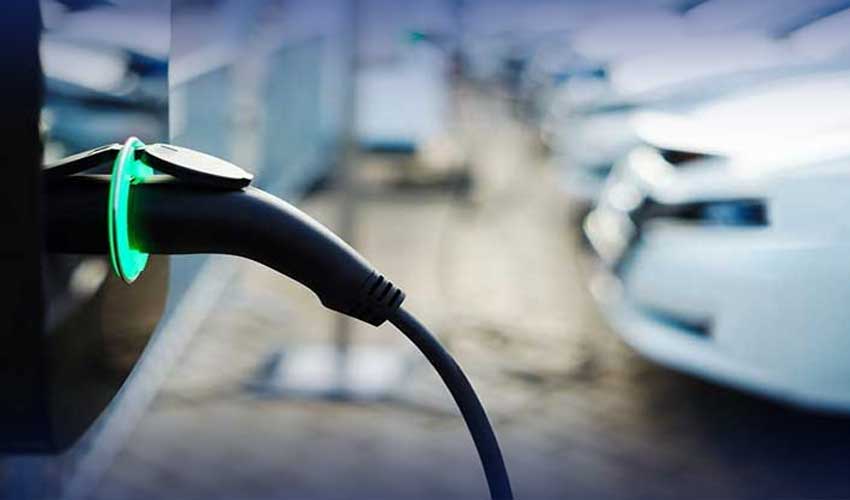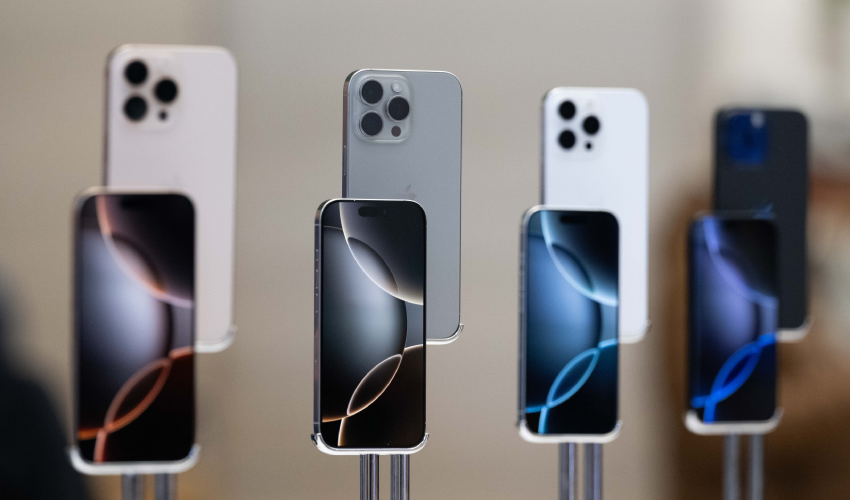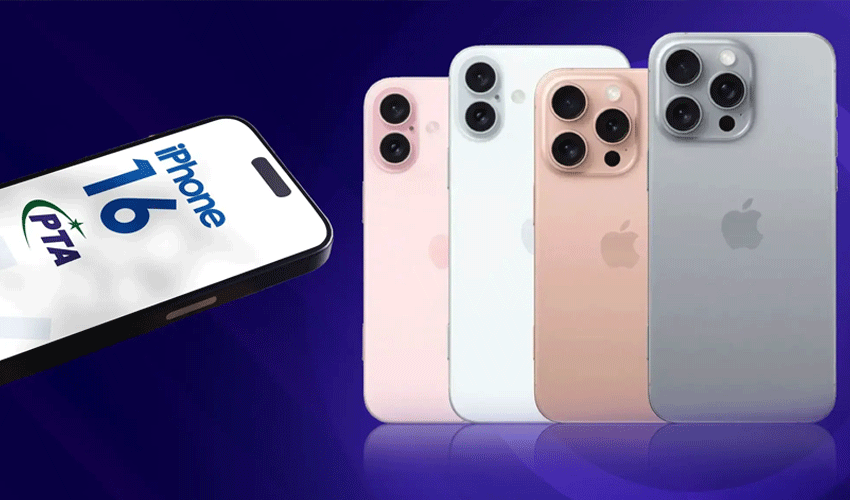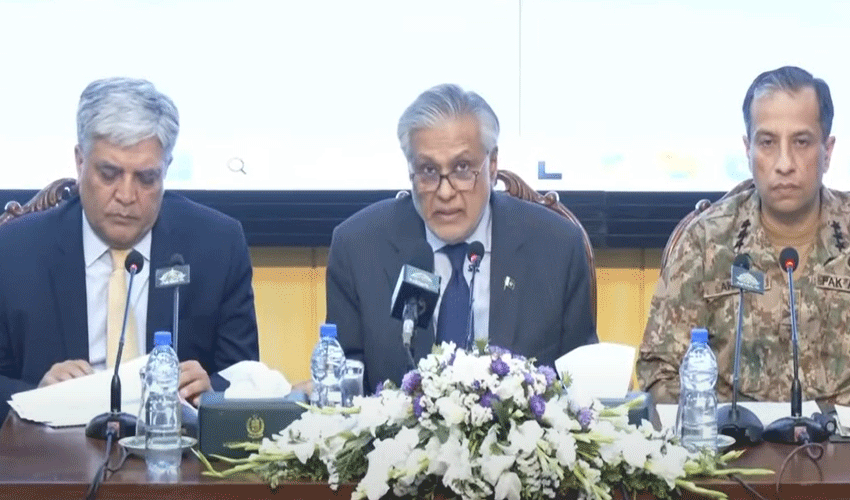Scientists create a battery that can charge in seconds.
The breakthrough was achieved by a South Korean team using next-generation sodium batteries, which are safer and less expensive than the traditional lithium-ion batteries used in electric cars and cell phones.
In addition to being 500 times more abundant than lithium, sodium (Na) also can be more efficient and charged than lithium-ion batteries.
Na-ion batteries have so far been limited by issues such as long charging times and insufficient storage capacity that have kept them from being widely used.
These problems were solved by researchers at the Korea Advanced Institute of Science and Technology (KAIST) by creating a sodium-ion battery with high energy and power that can charge quickly.
To accomplish this, they combined materials that are normally used in batteries with those that are appropriate for supercapacitors, which are utilized in everything from electric vehicle regenerative braking systems to wind turbine rotor blade pitch adjustment.
Better than current lithium-ion batteries in terms of energy density, the new battery has potential uses in consumer electronics and electric vehicles.
Prof. Jeung Ku Kang of KAIST's materials science and engineering department, who supervised the research, stated, "The hybrid sodium-ion energy storage device [is] capable of rapid charging and achieving an energy density of 247 Wh/kg and a power density of 34,748 W/kg."
“I] represents a breakthrough in overcoming the current limitations of energy storage systems,” he added, saying that he anticipated it would have “broader applications across various electronic devices”.
The innovation was made only a few weeks after Japanese researchers discovered a novel process for mass-producing sodium solid-state batteries.
By significantly improving the charging capacity of electric car batteries and more than doubling the range of existing EVs, the new technology may be able to potentially eliminate range anxiety.



























